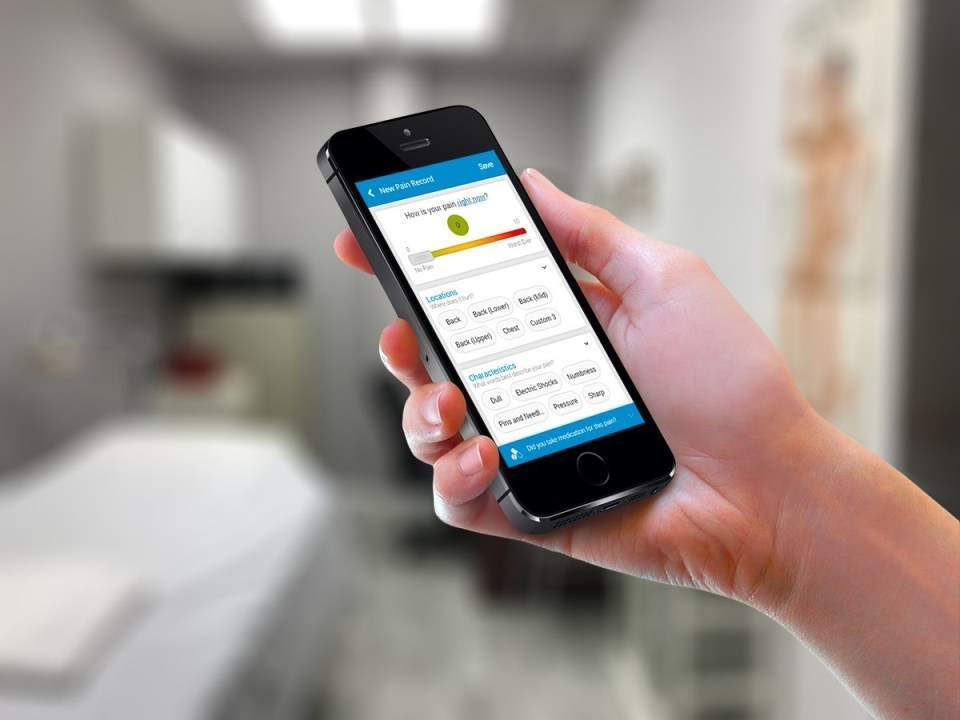
No research has been published to date attempting to define pain volatility in this manner, let alone predict it. ManagingLife, the app’s developer, collaborated with experts in pain, mental health, and data science, to apply data science techniques that are unprecedented in healthcare or pain management.
Data for this analysis came from users of the Manage My Pain app, created for the millions of people with chronic pain who want to better understand their conditions and are looking to better communicate with their doctors. Researchers used data mining techniques to define pain volatility, a new measure to describe how the severity of pain changes over time. Machine learning techniques were then used to predict users’ pain volatility levels six months in the future, based on the information entered into the app in the first month.
Prior to this research, the data required to conduct such an analysis have been previously limited to pain outcomes collected by traditional methods of assessing pain, such as paper-based questionnaires. The researchers believe this innovative, data-driven approach to analysis could help shape future treatments of pain.
York U Health Psychology Canada Research Chair Joel Katz said: “With the significant increase in data available and by applying machine learning methods, we can better understand how pain experiences change and better understand how that might evolve in the future.
“This study may help to identify risk factors for heightened volatility and, therefore, to potentially prevent the development of high pain volatility through effective interventions.”
The study used data from 782 users who collectively recorded more than 329,000 data points. The study reported that its model predicts whether users experience low or high levels of pain volatility 6 months in the future, with approximately 70% accuracy.
The analysis involved three groups of York U researchers: Katz’s Human Pain Mechanisms Lab, Prof Jane Heffernan’s Centre for Disease Modeling, Mathematics & Statistics, and Prof Paul Ritvo’s Health Behaviour Change Lab.
Source: Company Press Release






